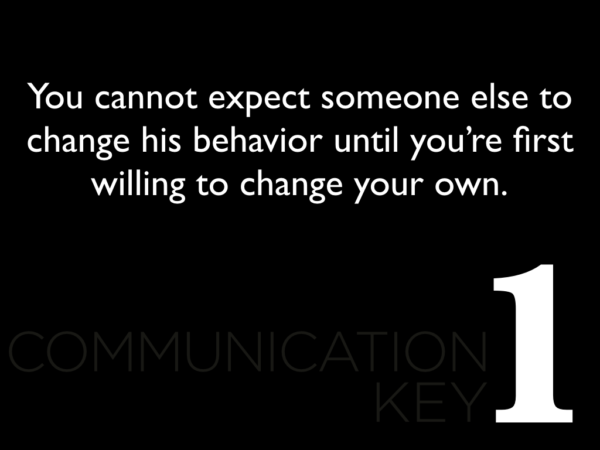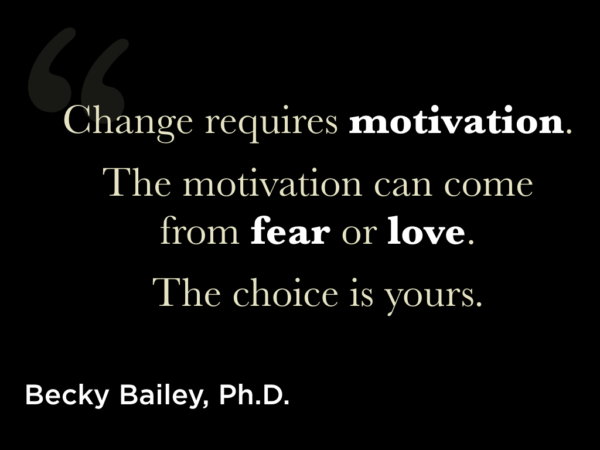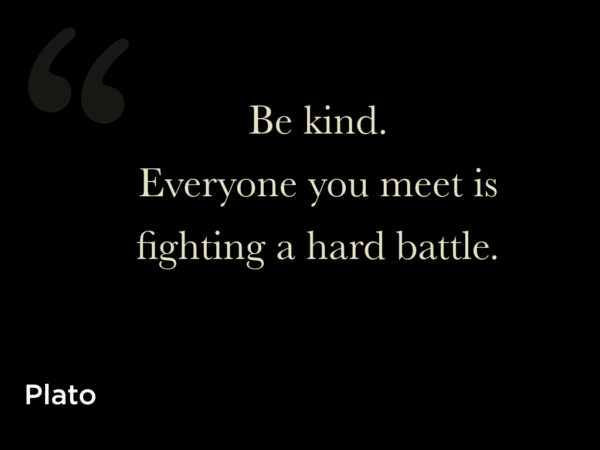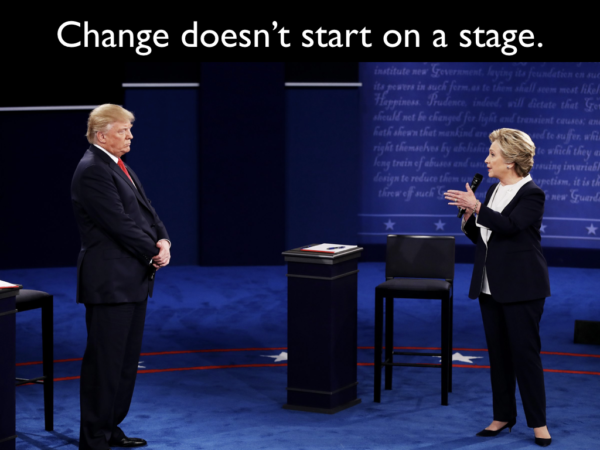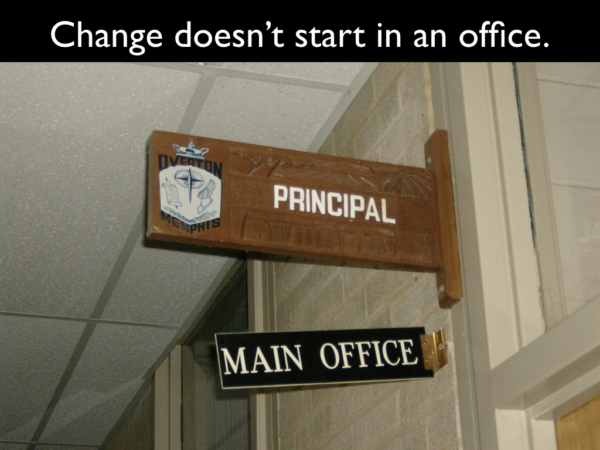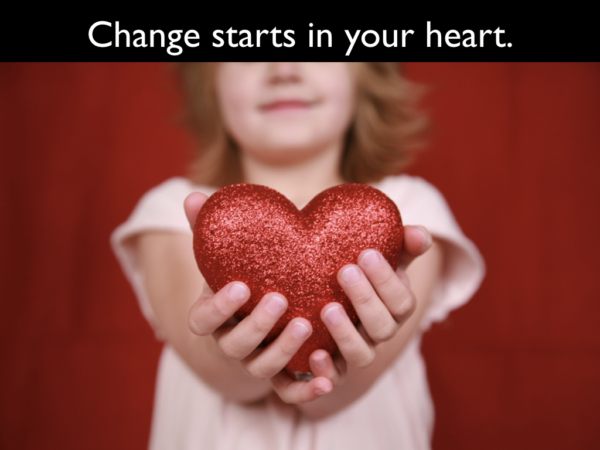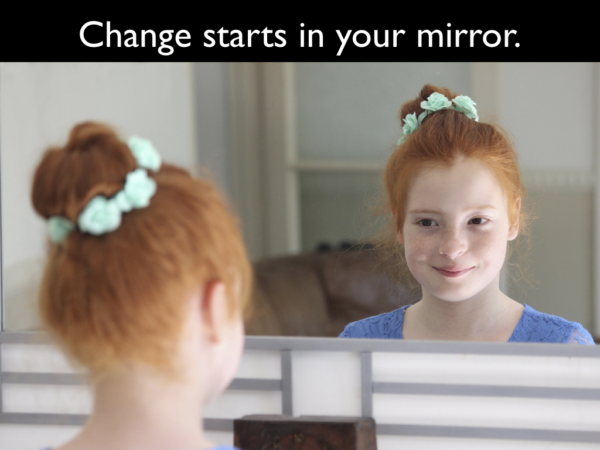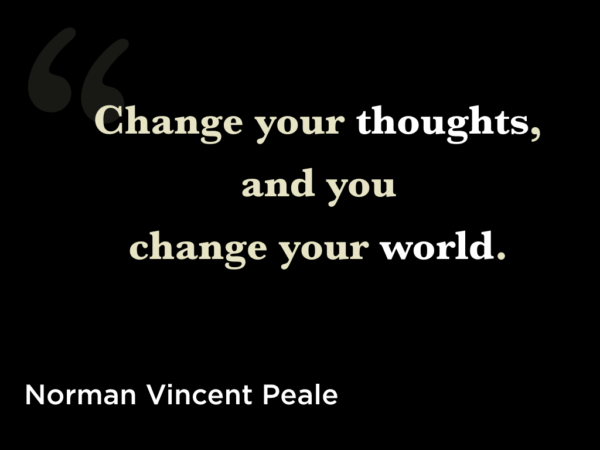(It was a nice evening on my back porch in Franklin, TN, so I decided to shoot a video that’s nine minutes and includes a really neat little story from ABC News about a very special teacher. If you don’t feel like watching it, an edited version of the transcription is below. I may do more of these… because I like Fall… and I like my back porch. Oh, and PS – This was not a paid endorsement of Puckett’s. I just happen to like them better than The Loveless Cafe. That said, I’m open to any and all sponsorships that include biscuits, bbq, and/or bacon and bacon accessories.)
Hey, hi. I’m out on my back porch. Earlier today, I gave a speech to some really passionate advocates for educators across the country—independent education associations—their leaders from Texas and Georgia and Tennessee and Alabama and South Carolina, Iowa, a couple of other states too (Michigan… and MISSOURI! DUH!). I can’t remember every state, but it was a room full of people dedicated to supporting and protecting teachers, and I gave ’em a talk about employee engagement, serving others, and I’ve just been thinking about this ever since the debate, the ugly debate, on Sunday night, and I just wanted to share with you really quickly the first lesson that I learned when we were on our journey.
You may or may not know, when our son was 13 months old, Will is 11 now, he’ll be 12 next week, Deidre walked into the room, my wife, Deidre, and said, “Tim, I think our son has autism.” That started us on a journey. I thought I was kind of a big deal in communication prior to that. I’d won more than 80 awards for my work in creativity and persuasiveness promotion, advertising, and marketing from 1995 to 2005, and then November 21, 2005, Deidre came into the room and said,
“Tim, I think our son has autism.”
That’s really started us on a 10-year journey of growth development. started sad and grief stricken, and really, Will has taught us so much about communication.
I was sharing some of those lessons today, and I decided tonight I wanted to share the very first and most important lesson with you, and I hope that it inspires you the way that it seemed to inspire the people to whom I was speaking today, and I have one person to thank for this. It’s one of those … I don’t know. I think we all have these moments maybe two or three times in our life that we’ll never forget, seminal moments that change everything, and I owe Staci Bowlen a debt of thanks that I don’t know that I’ll ever be able to repay for what she said.
Boone County Family Resources in Missouri introduced us to the Central Missouri Autism Project. It’s now part of Easter Seals Midwest, but at the time it was the Central Missouri Autism Project, and the very first resource that we had was something called a three-week parent training, and I think that was kind of weird. Why is it called “parent training”? Nothing wrong with me, and so I asked Stacy Bowlin, “Well, why do you call it parent training?” She said something to me that to this day I can quote from memory. She said,
“Tim, you cannot expect someone else to change his behavior until you’re first willing to change your own.”
I suspect you subscribe to our emails, read the blog, because you want to get better. You understand that no matter how good you are or think you are, there’s always room for growth. The capacity for goodness, for decency, for compassion, kindness, understanding, and excellence in human beings may very well be limitless, as long as we’re willing to admit that we can continue to grow and meet others where they are in order to change them, in order to motivate them to do something greater than what they feel capable of doing.
Dr. Becky Bailey is a brilliant child psychologist. My friend Nadia introduced me to one of her books, in which Dr. Bailey said, “Change requires motivation.” Obviously, but what she said next shook me to my core. She said that motivation can come from fear or love. The choice is yours. It’s really true. It can only come from one of those two places.
Then, this quote has been attributed to so many different people. I like the idea that it’s Plato, even though I don’t know that that’s necessarily accurate, but I like the idea of thinking that this quote dates back to before the time of Christ. “Be kind, for everyone you meet is fighting a hard battle.” If you have a child with special needs or you know someone who does … When we were first learning how to understand Will, we didn’t go out much. We stayed home because it was very exhausting to try to go out.
To this day, I owe a debt of gratitude to a man named David Rowe and his wife, Meghan. They own a restaurant in Columbia, Missouri, where we used to live when Will was first diagnosed. David said, “Anytime, you’re always welcome here.” Will would act up. Will would get overstimulated. One of the characteristics of autism is that you’re easily overstimulated. You get 10 times the input, but you’re able to only process maybe one-tenth of the output of a typically communicating human being, and so we didn’t go out much.
I’ll never forget one time when we were at David’s restaurant. Will started to melt down, and there was this older couple probably in their mid-70s, and the woman looked over to the husband loud enough for us to hear but not to us just so we could hear it and said,
“Don’t you wish some people could just please control their children?”
Context matters. Until we know what people are going through, every person matters. Every life matters, and if you want people on your team to improve, you first have to walk a mile in their shoes.
It costs you nothing to lead with love. It costs you nothing to lead with compassion. It costs you nothing to lead with understanding, and yet it can repay you one million times over if you can just root yourself in a mindset of compassion, grace, and understanding.
I don’t know if you know who Chris Ulmer is. You may know because he was on social media. I hate the term “viral,” but he kind of went viral back around Thanksgiving appropriately enough. He’s a special education teacher in Florida, and he does something pretty special, and here’s a bit from ABC News about Chris.
ANNCR: In classrooms across the country, the school day always starts with some sort of routine, but this Florida teacher is showing us the true power of a morning message.
CHRIS ULMER: I am here with all my friends. We’ve been in the same special education classroom for three years.
ANNCR: This is Chris Ulmer, a special education teacher whose unique teaching style is going viral.
ULMER: You’re awesome. You’re great. You’re fun. You’re silly. You’re fast. You’re strong. Thank you for being a great student.
ANNCR: He starts his classes with compliments.
ULMER: I think everyone in here loves you.
Yes.
Great job.
“I think it’s important that they learn how to be kind to one another, so I model that, and whatever they see me do, that becomes their reality.
Singing Sinatra:I get myself up and get back in the race!
“His kindness curriculum has grown outside of the classroom.
“Seven months ago, I started a blog. It was called Special Books by Special Kids, and the reason we started that was so that the children in my class who have a variety of different conditions are now able to communicate with the world. My goal is to help people step inside the minds of these children, because I think that their minds are some of the most pure I’ve ever seen.
I love you too. You’re a great student.
You’re the best teacher.
ANNCR: “It was the late Norman Vincent Peale who wrote an entire book about the power of positive thinking. He believed a kind word could lift the soul and change the world.

